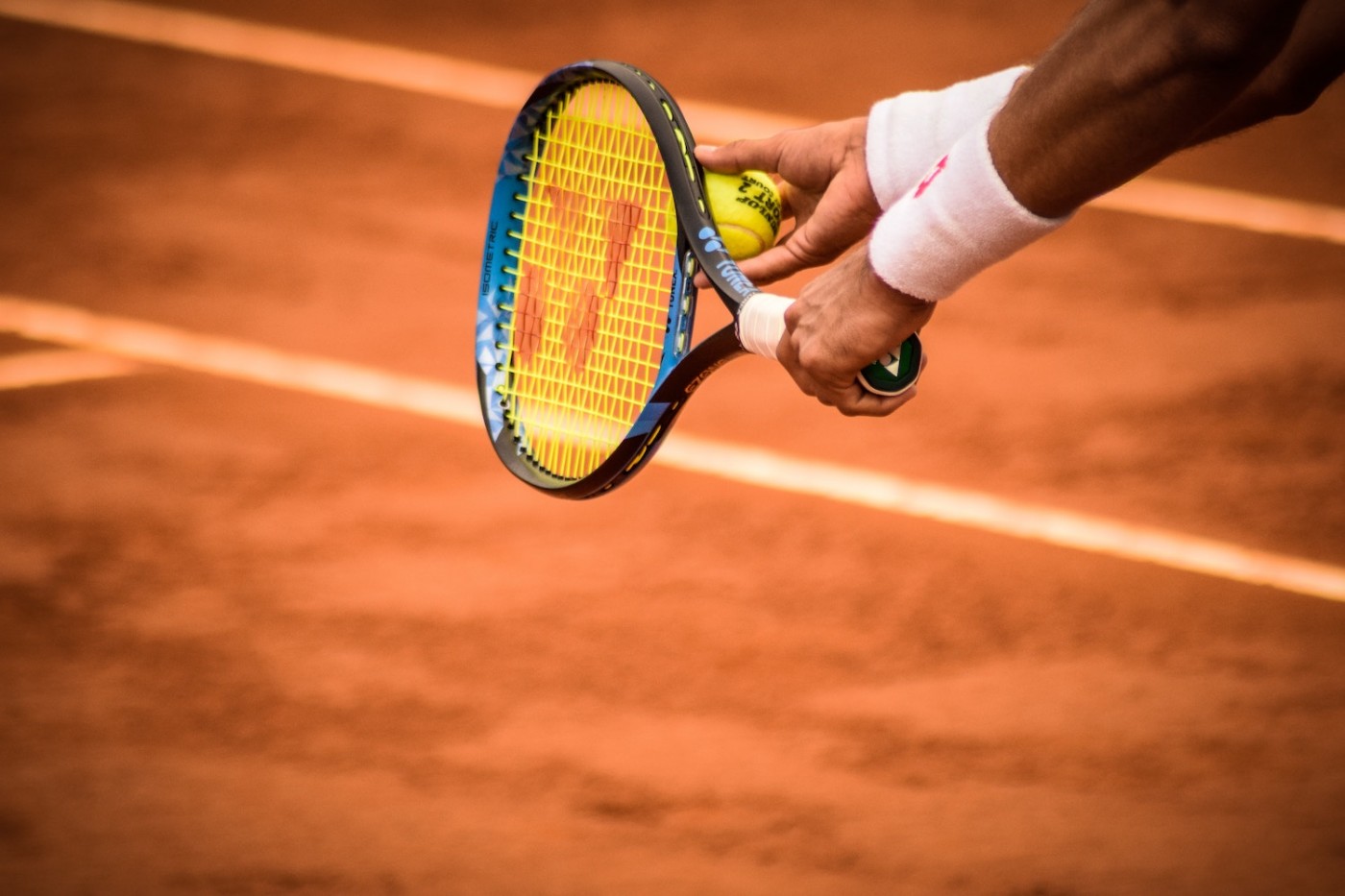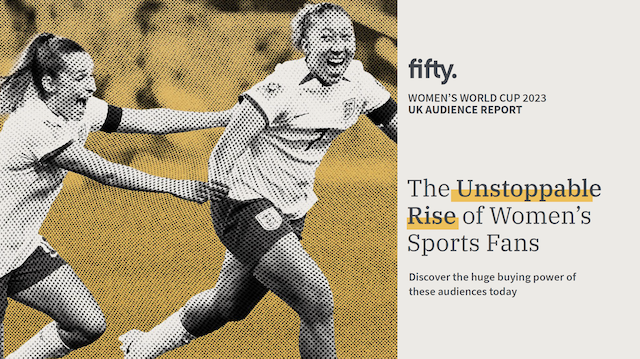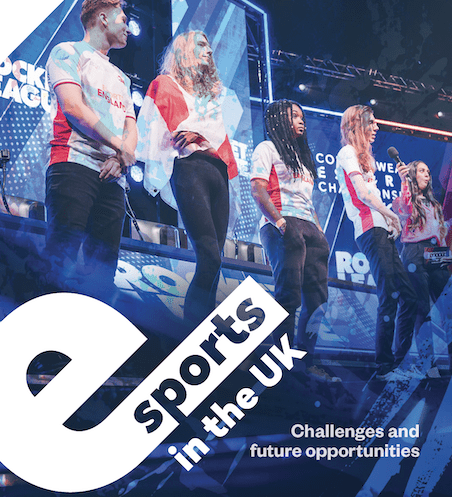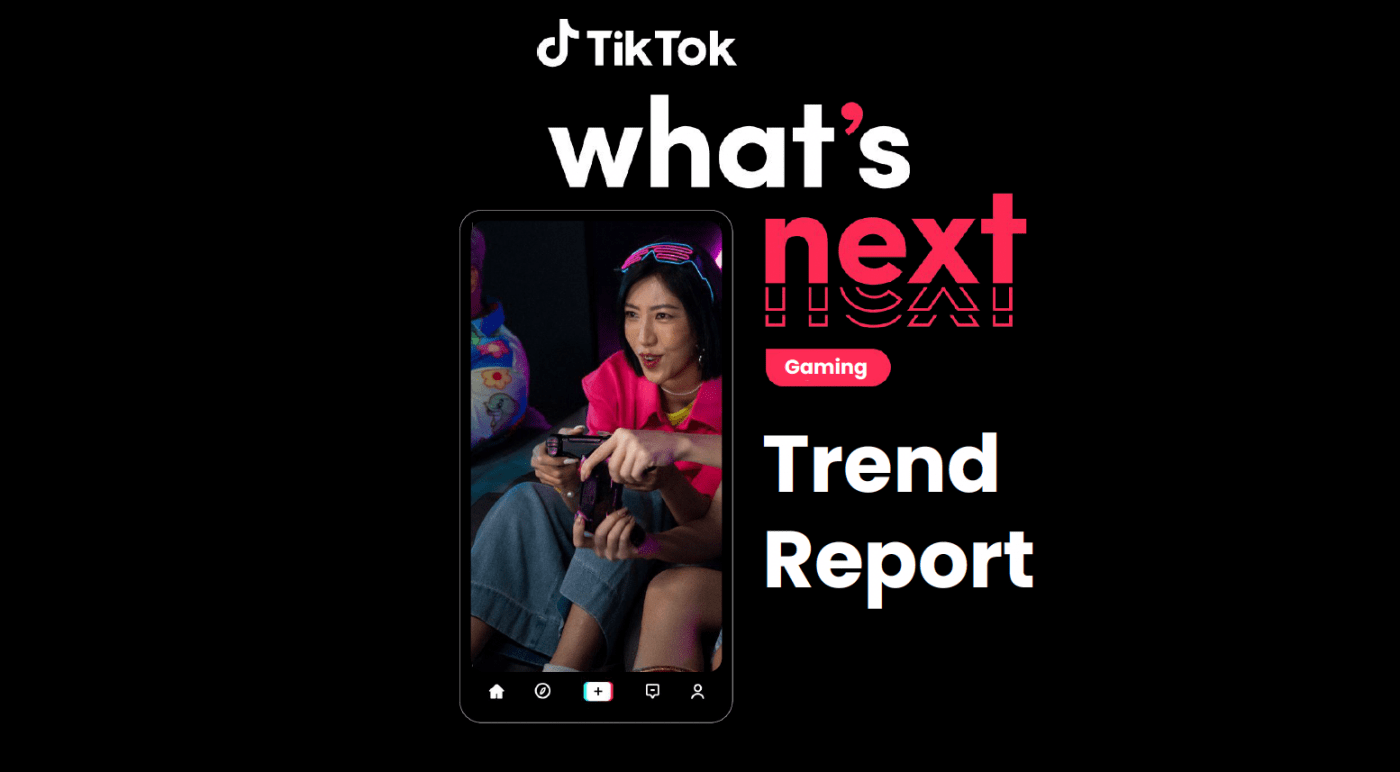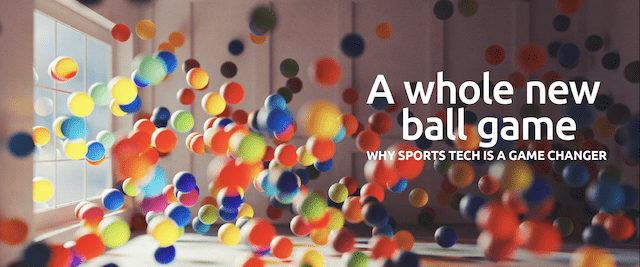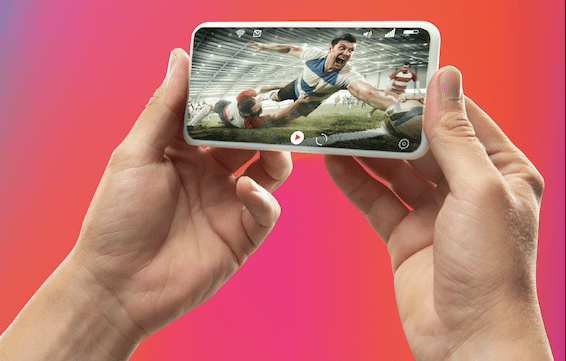New research from the Women’s Sport Trust has shown the positive outcomes that can be achieved via women’s sports sponsorship. The report reveals that 24.5 million adults are now aware of any women’s sport sponsorship in the UK and women’s only deals are proving popular due to their ability to attract new audiences and drive brand affinity.
Women’s sports sponsorship influences the intention to buy
Overall women’s sports were thought to be a key part of the sports sponsorship mix and potentially more impactful:
- 60 per cent agree that sponsors should invest both in the men’s and women’s side of a sport that they support
- 63 per cent of women agree that brands sponsoring a sport should give the same level of coverage in advertising to men’s and women’s teams
- 29 per cent think more favourably of companies or brands that support women’s sports through their sponsorship, compared to 17 per cent that support men’s sport
- 16 per cent of the UK population are more likely to buy from a brand that sponsors women’s sports, compared to 13 per cent that sponsors a men’s sport
High-profile sponsorships of women’s sports are achieving significant awareness, with 14.6m people aware of O2’s sponsorship of England’s women’s rugby team the Red Roses and 14.4m aware of Coca-Cola’s sponsorship of the FIFA Women’s Football World Cup.
Sponsorship is most powerful when they are female-only deals
One of the most exciting findings of the report showed the positive impact brand newcomers, attracted by women’s only deals, are receiving on their partnerships. 53 per cent of those aware of make-up brand Il Makiage’s partnership with Arsenal and 52 per cent aware of Gucci’s partnership with England star Leah Williamson felt more positive about the brands as a result – the best performing of all brands tracked. These partnerships are also driving greater affinity specifically from women, while typically it is men and avid women’s sports fans who are most likely to be aware of a women’s sport sponsorship overall.
Il Makiage’s Arsenal partnership was most successful in driving brand consideration, with 31 per cent of those aware of the sponsorship more likely to consider buying from the brand as a result, compared to an average of 20 per cent across women’s sports sponsorship.
Equality with men’s sports sponsorship drives positive brand sentiment
The Women’s Sport Trust research found that a commitment to equal support of men’s and women’s sports and focusing on addressing the inequality of opportunities provided to women and girls in grassroots sports are most impactful in driving a positive sentiment towards the sponsoring brand.
47 per cent said that activations focused on community and grassroots sport would have a more positive impact on brand perception, while 45 per cent said that activations promoting sustainability and environmental initiatives would have a positive impact, challenging rights holders to create packages that provide a platform for brands to activate sponsorship in this space. Fans were also keen for brands to play a role in celebrating the brilliance of on-field athletes, with 38 per cent believing brands should produce content promoting the sport as being exciting.
In both men’s and women’s sports, sponsorships focusing on community/grassroots level activities are most likely to drive recommendation and consideration of the sponsoring brand, with women’s sports found to be slightly more effective than men’s sports. 2 in 5 would like to see more brands engage in sponsorship of women’s sports at a community/grassroots level, rising to 3 in 5 amongst avid women’s sports fans and avid women’s football fans.
Download the women’s sports sponsorship report, here.
Need help to identify women’s sports sponsorship opportunities?
If you’re looking for advice from sports sponsorship agencies, Strive Sponsorship can help. Contact us for sponsorship, commercial, content, media, operations, investment, and communications consultancy services.
Frequently asked questions
What companies sponsor female athletes?
We are seeing huge growth in the sponsorship of female athletes across sports. Examples include Gucci’s partnership with England football star Leah Williamson, Vitality’s sponsorship of England Netball, and Nike’s sponsorships with the Women’s National Basketball Association (WNBA), Women’s Big Bash League (Cricket), Netball and the LPGA, and more than 60 athletes – to name a few.
Which brands sponsor women’s football?
An array of brands sponsor both women’s footballers and women’s football competitions. These include VISA, XERO, Budweiser, Globant, Unilever, MacDonalds, Roblox, China Mengniu Dairy Company, Hublot, bookings.com, CommBank, Jacob’s Creek, Cisco, Inter Rapidísimo, Team Global Express, Frito-Lay, TAB, Optus, Yadea, and Itau – all of whom are FIFA Women’s World Cup 2023 partners.
What are the benefits of sponsoring women’s sports?
New research shows that the benefits of sponsoring women’s sports include an increase in brand awareness and affinity (fans looking more favourably at brands who sponsor), and consideration to purchase (fans being more likely to buy from a brand that sponsors women’s sports – and this rate is higher than men buying from companies that sponsor men’s sports).


